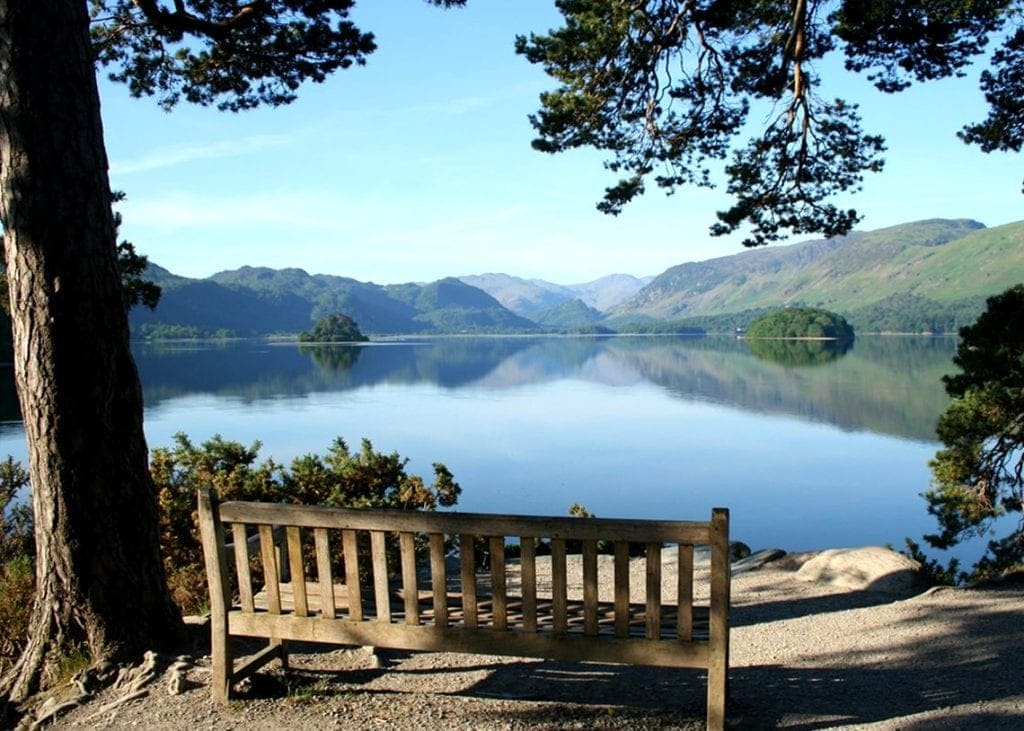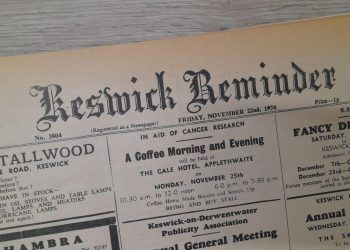
With millions of boots trampling the Lake District fells every year, proposals for a tourism tax are older than dust.
But with the environment higher up the public agenda than ever, a new survey has found people aren’t quite as resistant to paying a bit more than they were in the past.
Responsible Travel, an “activist” holiday company which has campaigned against “over tourism and zoos”, asked UK travellers if they would be willing to stump up a small fee to stay overnight in a national park or area of outstanding natural beauty.
Ninety per cent were willing to pay between £2 and £10 per night, it said. It would generate £17.5m for nature conservation projects in the Lake District, based on 3.5 million overnight stays.
Company co-founder Justin Francis explained the idea, calling the UK “one of the most nature-depleted countries in the world,” with around half of its natural biodiversity left.
“Tourism relies on nature, profits from it, and greatly impacts it,” said Mr Francis. “But it can also help protect it. It’s crucial that we invest now in nature on our doorstep. At a time when UK biodiversity is depleting, so is real-terms funding for it. Tourism levies aren’t a silver bullet and mustn’t replace Government investment. But they are a simple tool to help ease the additional strain tourism itself places on nature – and give it a welcome boost.”
Joe Human, of Sustainable Keswick, said wildlife devastation was happening and national parks were important, adding that the figures of those willing to give back were “very encouraging”.
Mr Human said: “We have to act and act quickly to prevent further decline. Anything we can do, including a levy on tourists, is to be welcomed. But that must not let the Government off the hook. Nature cannot be saved with tourist levies alone, though they can contribute.”
Kate Willshaw, policy officer at the Friends of the Lake District, said they too were encouraged by the results. She said the national parks and AONBs had endured a 60 per cent funding cut over the last decade. Anything that could make up the shortfall in Government funding to care for the wildlife and landscape of these areas should be explored, she said,
“However, it is a long way from a ‘willingness to pay survey’ to the actuality of a tourist levy,” she stressed. “We would need more information about how a levy would operate before committing to supporting it. Not least, an undertaking that any implementation does not negatively impact access to our protected landscapes for less well-off visitors.”
It must be underlined that the survey only ran to less than 700 people from the mailing list of Responsible Travel, a group of people already converted to the idea.
Mr Francis conceded: “This is a small survey, but it starts an important conversation. For less than the cost of a single drink in a local bar, these overnight stays could raise tens of millions of pounds each year.”
Of the levy idea, Peter Walter, chair of Keswick Tourism Association, said: “The demands placed on the national park by visitors, communities and the environment are ever increasing. But the funding the park receives has fallen dramatically. I think a nominal tourist tax could provide urgently-needed funds. I think the results of the survey may have promoted a useful discussion but the nature of the sample means it’s not statistically significant.”
Hanna Latty, head of strategy and rangers at the Lake District National Park Authority, said the survey chimed with its understanding of the public wanting to give something back. “This is why we, and a number of local tourism businesses, support voluntary donations through the Lake District Foundation,” she said. “This funding is then invested in nature recovery and access improvement projects within the Lake District.”
Keswick’s Tony Lywood said a tourism tax was a “no brainer”.
“Such a levy could be used to improve the infrastructure for local communities, better transport and conserve nature. At present it is really only a ‘trickle down approach’ in that businesses do well therefore we all do well, which works only in a certain level. Throughout Europe and the rest of the world there are tourist levies to benefit the community. It is high time that the Lake District National Park did the same.”
Many destinations around the world have mandatory tourism levies, rather than the voluntary donations seen in the Lake District.
Mr Francis makes a good point: “When I stay somewhere, I effectively become a temporary local resident – I use the public services, facilities, and infrastructure – and it’s fair that I pay for that.”








